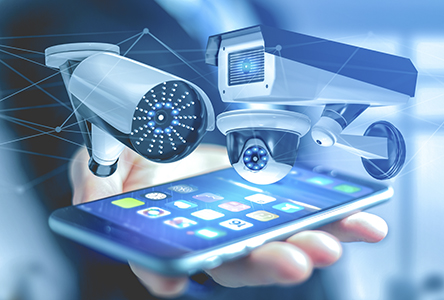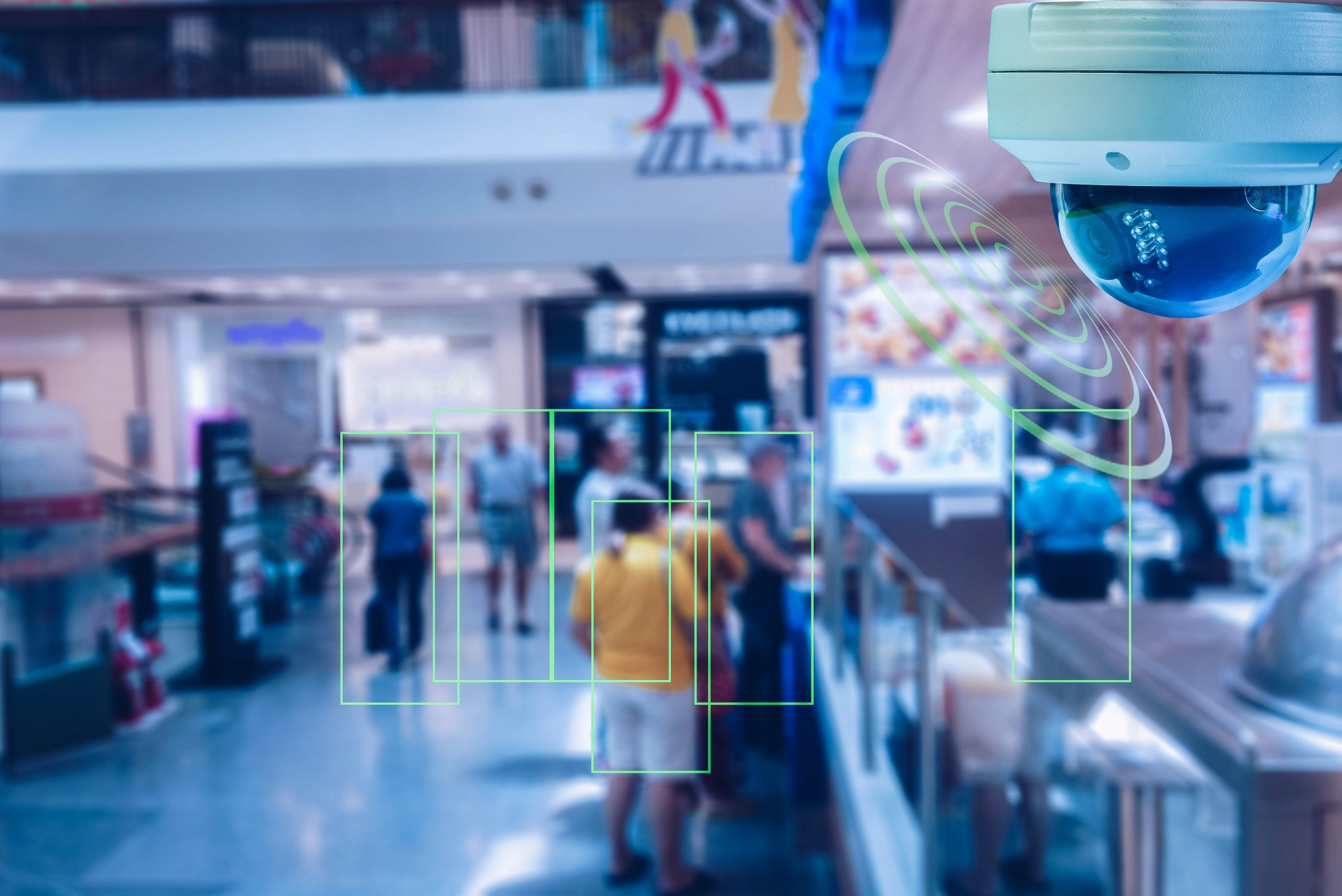Predictive analytics: improving efficiency plus reducing costs
At the end of 2023, Boeing has indicated that it is shifting its research priorities from aerospace sphere to big data. The company will dedicate more than 80% of its grants to this. At the heart of this strategic decision is a patent for an advanced predictive maintenance system that promises to completely change the way airplanes are maintained and repaired. This method uses behavioral modeling and machine learning to predict the maintenance needs of aircraft components, which could revolutionize the aviation industry and beyond.
The essence of Boeing’s patented system lies in its ability to predict the future — specifically, the future condition of aircraft components. By integrating machine learning models with historical data and real-time feedback from sensors, the system can anticipate when parts are likely to fail or deviate from optimal performance standards. This foresight allows maintenance to be scheduled in advance, minimizing downtime and extending the life of critical components. The ability of the predictive system to tailor maintenance schedules and procedures to the unique characteristics of each air vessel will set a new standard for operational efficiency and safety, which will not only improve safety and reliability, but will also help to ensure the safety and reliability of the air vessel.
Shoplifter Prediction (SLP), a predictive video analytics system for retailers, was also created not only to reduce security costs, but also to increase the efficiency of personnel on the sales floor. Based on multi-factor behavioral analysis, SLP predicts the likelihood of a visitor committing an offense. By notifying staff of the high probability of an undesirable event, the system draws staffs’ attention to a particular visitor before it occurs. The measures taken by the staff can make it very difficult or even impossible to commit theft.






